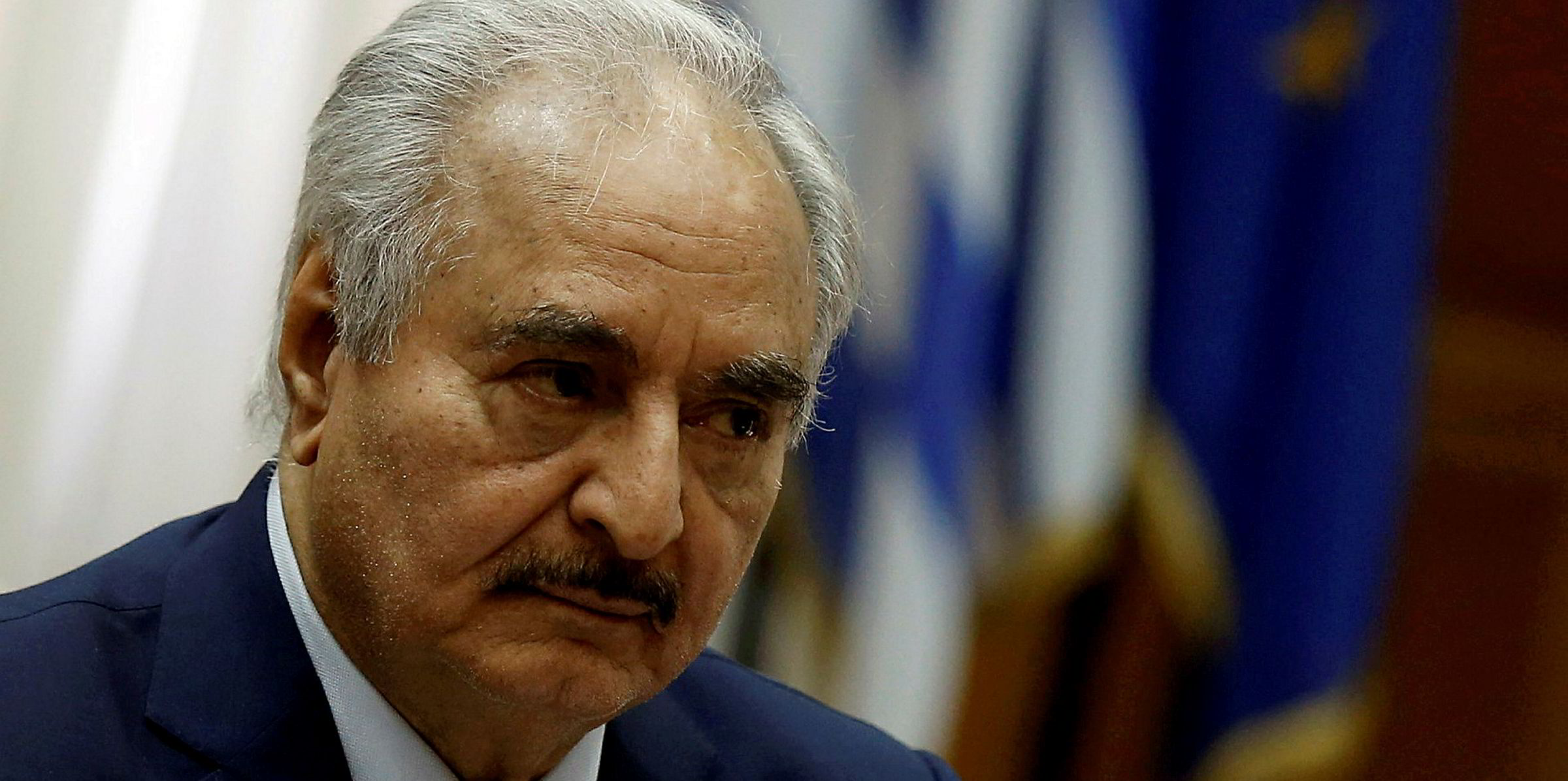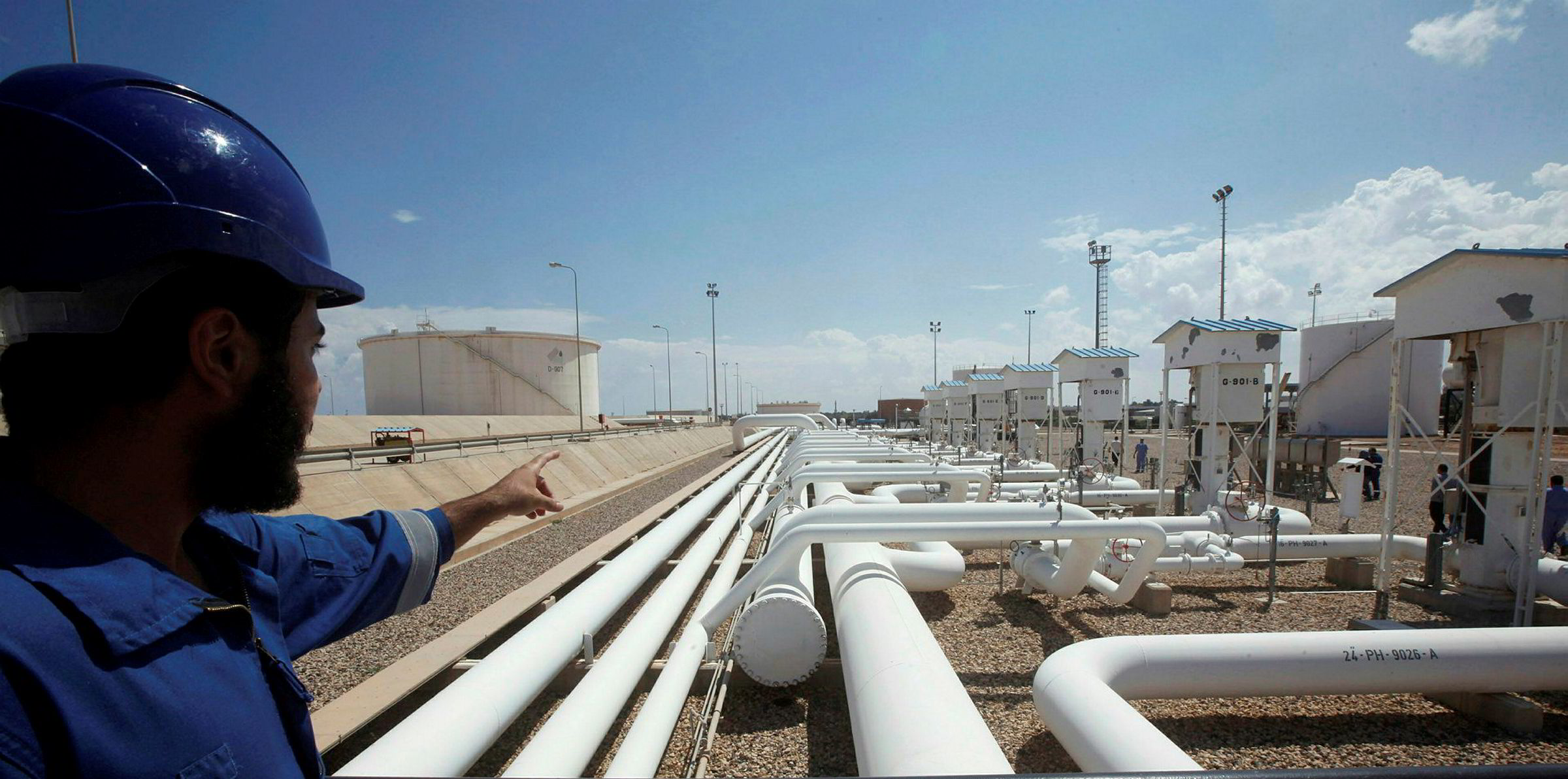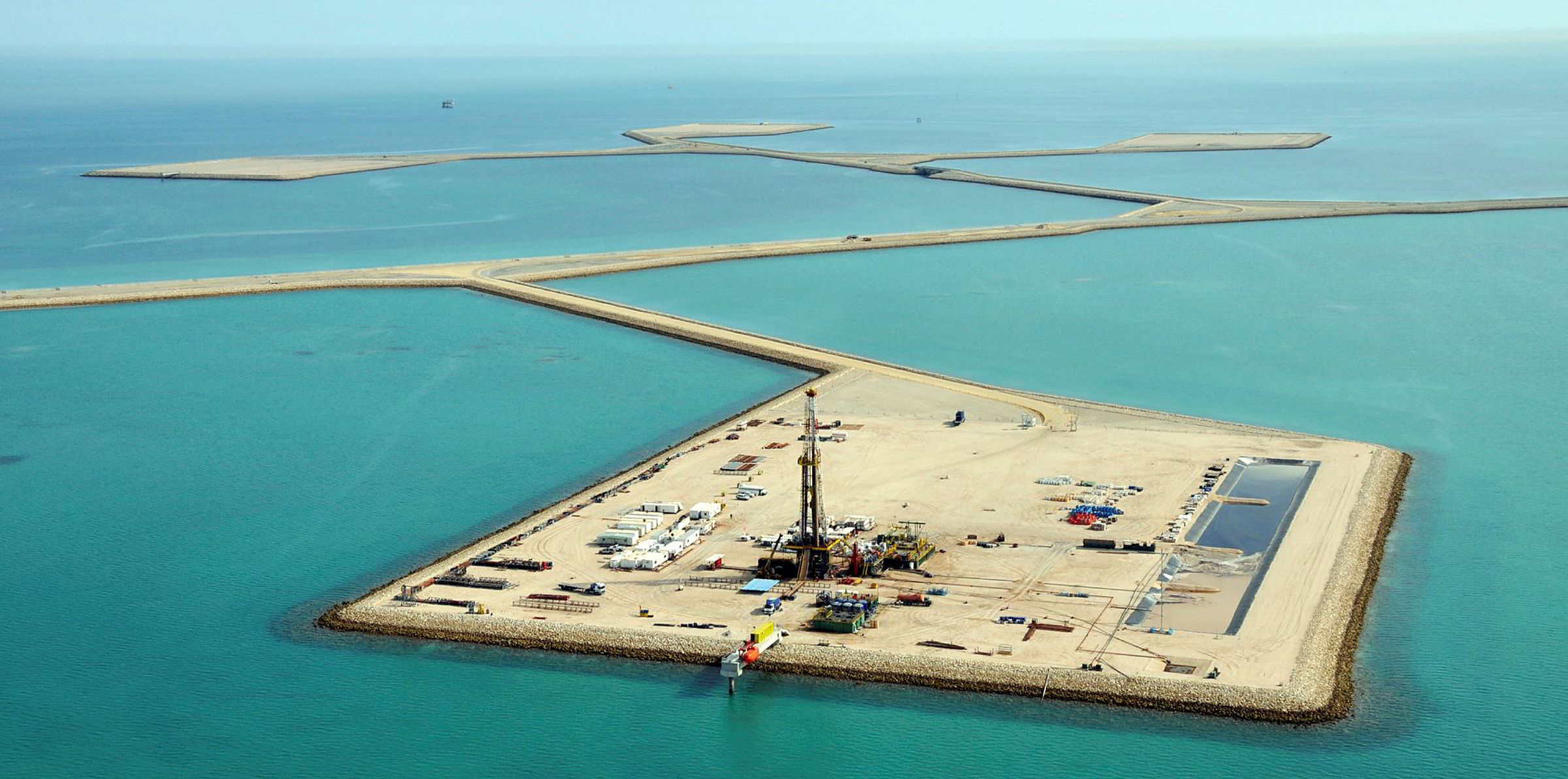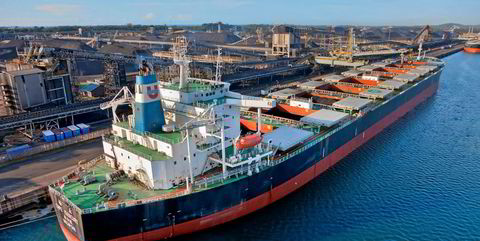Hopes of an immediate resumption of Libyan crude exports have been dashed after an armed militia shut down production at the country's biggest oilfield.
Libya's National Oil Corp (NOC) confirmed the outage and declared force majeure again at Sharara, after lifting it on Sunday.
The armed group, which came from Sebha, stormed the field and trained their guns on civilian workers, coercing them to stop production only three days after production was resumed, NOC said.
The state oil company blamed the attack on Brigadier General Mohamed Khalifa, commander of the Petroleum Facilities Guard (PFG) in the south.
NOC chairman Mustafa Sanalla said: "This criminal group dared to enter the field with heavy weapons. It is clear that this criminal group places the interests of its commanders and the interests of the foreign powers tampering in Libya above the interest of the country."
On Monday, Libya had confirmed that crude exports would resume from the port of Zawiya as production restarted at Sharara and the linked El Feel field.
Warlord defeated
The move came after rebel warlord Khalifa Haftar's Libyan National Army (LNA) was defeated in the capital Tripoli, causing security consultancy Dryad Global to downgrade the threat to shipping in the country.
The LNA turned off the valve at Sharara five months ago as it stepped up pressure on the Tripoli-based Government of National Accord (GNA) as part of its civil war.
The country's largest oilfield can produce 315,000 barrels per day (bpd), which is the equivalent of a suezmax cargo every three days.
Sanalla had said on Monday: "NOC will start crude oil export operations as soon as possible. I also confirm that crude oil is now reaching Zawiya refinery, which will resume its operations to produce fuel for domestic use."
The first production phase at El Feel was set to see capacity begin at 12,000 barrels per day.
Sharara resumed production on 6 June at a capacity of 30,000 bpd.
Focus to shift
With the defeat of the LNA in Tripoli, the battle for control of Libya is entering a new phase, Dryad said.
"Whilst Tripoli will remain under an increased threat in the short term, a reduced level of threat at port for vessels operating in Libyan waters should be anticipated if the GNA army continues to consolidate its position," the consultancy said.
There will now be a renewed focus on the control of oilfields, it believes.
UN-backed GNA forces are now pushing east in an attempt to retake the port of Sirte from the LNA.
This suggests a "potentially increased threat" in Libya's "oil crescent" into the medium term, however, Dryad added.
The LNA will now become increasingly reliant upon its control of crescent terminals such as Ras Lanuf.
Russian support continues
"With Russian arms shipments arriving in Benghazi this week, it is clear that Russia’s appetite to support the LNA and its leader General Haftar has not yet waned. This raises the prospect of a de-facto two-state Libya," Dryad said.
In the short term, vessels should cooperate with the GNA and NOC, as the legitimate, UN-backed entities in Libya, the outfit advised.
"However, control and power in Libya is increasingly localised, and vessels should be mindful they may have to increasingly engage with LNA-backed authorities in eastern Libya," Dryad said.






